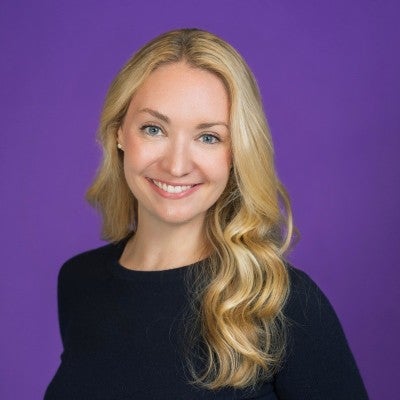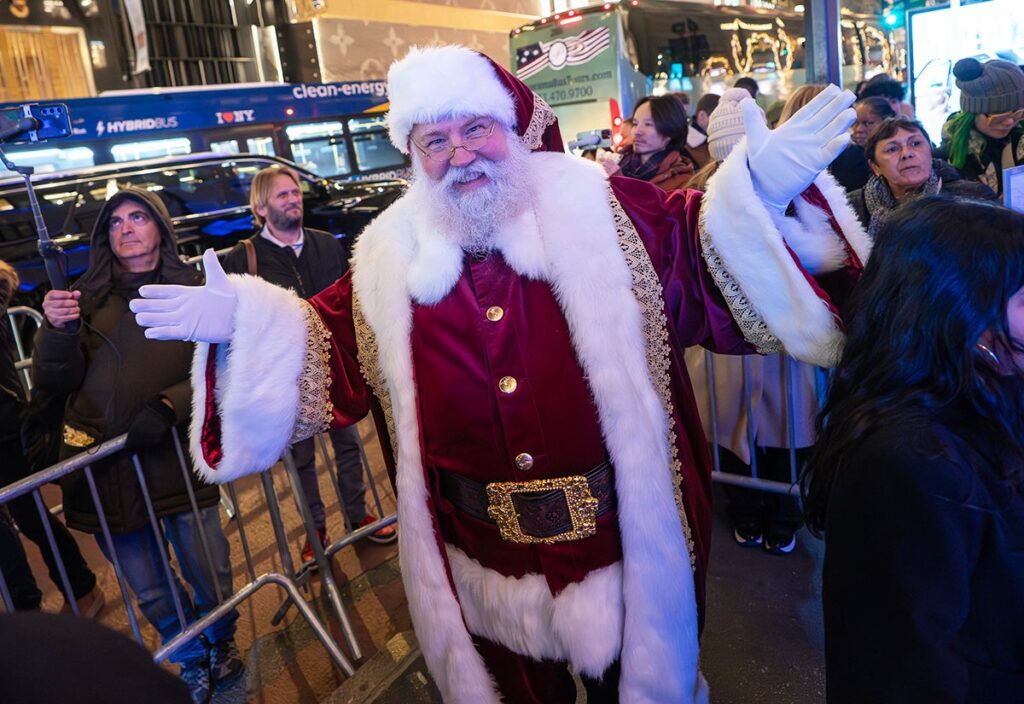It’s not surprising that 141 Communicator has $146 million in worldwide revenues its first year in existence. That’s just an acquisition strategy played out properly. What’s impressive is that 60 percent of its worldwide growth and 80 percent of U.S. growth last year was new business from existing clients.
“They took what we had, gave us solid recommendations, and executed well.”
— Bill Cunningham, AT&T
141 Communicator sprung fully formed in August 2000, the finale of a purchase frenzy that started when Lighthouse Holdings Corp. bought London shop Communicator and Chicago shop Davidson Marketing in summer 1999, and which ended in August 2000 when U.K. holding company Cordiant bought Lighthouse. Cordiant merged Communicator — the fledgling marketing services network with Davidson as its promotions core — with its European arm, 141 Worldwide. Voila: An international network of 80 offices billing $973 million.
Now 141 Communicator appears in the PROMO 100 for the first time at No. 6. Last year, it ranked No. 8 as Communicator, with 1999 net revenues of $25.4 million, including $6.6 million for the London office. (That unit shifted to ad network 141 Worldwide in August 2000.) In 1999, Davidson ranked No. 44 with $8.5 million in ’98 net revenues.
After a year of organizational gymnastics, here’s how 141 Communicator now sits: U.S. net revenues rose 19 percent to $22.4 million in 2000. Worldwide net revenues hit $145.9 million. 141 has 80 offices, seven in North America. U.S. wins for 2000 included AT&T, Comdisco, Dr Pepper/Seven Up (AOR), Hyundai Motor America, Parmalet, Rationale (AOR), and Unilever’s Helene Curtis. In 2002, the U.S. offices become a single profit center. Marketing services (rather than advertising) accounts for 66 percent of parent Cordiant’s business, and that will hit 70 percent by 2003, 141 Worldwide ceo Colin Hearn projects. Sister ad agency Bates Worldwide and 141 execs met in May to form media-neutral teams to pitch and service clients worldwide.
Integration is a multi-faceted theme at 141. The group boasts promotion, sports, Internet, and design expertise to serve clients “from concept to consumption.” It also fosters cooperation between offices: U.S. staffers called colleagues in Moscow while prepping to pitch Stolichnaya Vodka in Connecticut. U.S. client and soccer sponsor Hyundai Motor America tapped 141 Korea to broker a World Cup deal. To pitch a global assignment this spring, 141 brought five regional presidents to New York City to show regional overlays for the U.S. office’s global strategy. “It was very powerful to sit in that room and hear all the different accents and the different points of view,” says 141 Communicator ceo Jay Farrell.
That kind of teamwork gets contagious. 141 helped Portugal win its bid to host the 2004 World Cup European championships by designing a logo, then bringing 38,000 fans to Lisbon’s stadium to form it for filming. “Soccer authorities said, ‘Any country that can get 38,000 fans — including the Prime Minister — to do that deserves it,’” recalls Hearn.
The creative gets wild sometimes. To launch Sony PlayStation in New Zealand, 141 staged protest marches and faked car crashes (planting wrecked cars in the night, with the cooperation of local police) and blamed the unrest on kids’ obsession with PlayStation. The “street theater” won a special Grand Prix award at Cannes. “We’ve come a long way from coupons,” Farrell deadpans.
AT&T picked 141 last year to help the telecom maximize its sponsorships (Olympics, Rose Bowl, Pebble Beach Golf Classic) online. AT&T chose 141 instead of its e-marketing AOR, Boston-based Digitas, because 141 “could take on end-to-end responsibility for putting this in place” with sports, Internet, sweeps, premiums, and fulfillment experience, says AT&T consumer e-commerce manager Bill Cunningham. He also likes what 141 didn’t do: “They didn’t rewrite our strategy. They took what we had, gave us solid recommendations, and executed well.”
Unilever gave 141 two of the five Helene Curtis assignments it reviewed last year. “I was concerned about their lack of beauty experience, but they’ve soared to get up to speed quickly,” says Unilever director of promotions Michael Murphy, who likes that 141 keeps strategic planning separate from account service. “Having people not engrossed in the business gives us a fresh perspective when we need it.”
In South Africa, 141 hired hip “brand advocates” for British American Tobacco’s (BAT) Lucky Strike. They cruised night spots, tipping smokers to check out Lucky’s Web site and inviting them to private parties, art shows, and train rides where surprise appearances by bands such as the Violent Femmes and Bush got word-of-mouth buzzing. The site averaged one million hits per month.
That translates well in any language.



